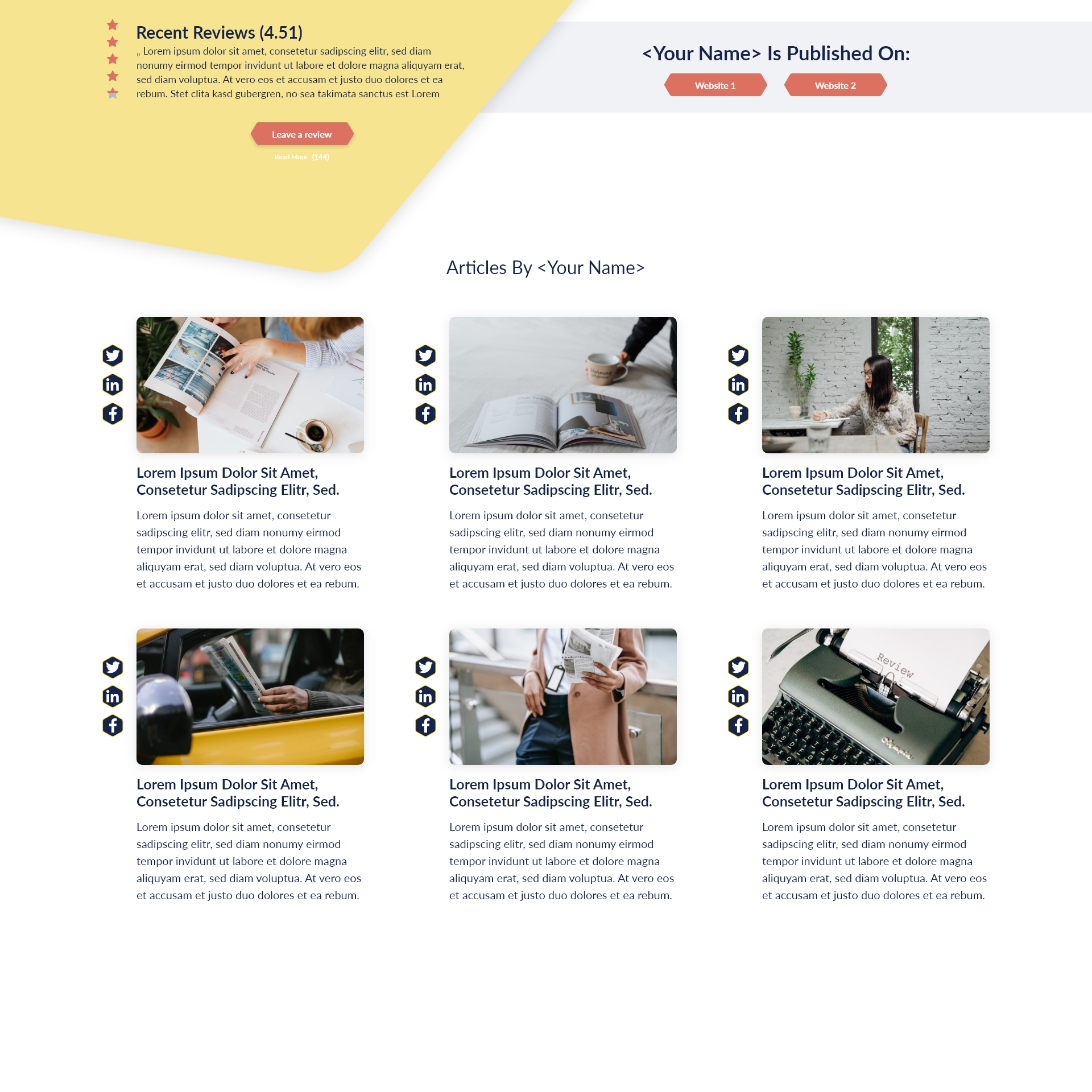Enthusiastic individuals often embrace networking when entering the workforce or seeking career changes. Senior and mid-career professionals assume that their networking efforts are adequate and require zero expansion to continue succeeding at work. However, the fact remains that networking is an essential tool regardless of your position at work. This practice is especially true for individuals looking to transition into a leadership role sometime in the future.
Utilizing Your Network
A maintained network can be a powerful tool for career advancement, highlighting the importance of utilizing networking well. Professionals who want to develop their network further should follow several helpful strategies while also working to identify the effective use of networking. Doing so will advance your career and aid in achieving professional goals.
Identifying Professional Opportunities

Business leaders understand leveraging their networks and professional relationships to identify new career advancements and opportunities. Regardless of your role at work, if you plan to advance into a new industry, you must understand the actively recruiting companies. A professional network enables employees to become aware of career opportunities before the rest of the world.
Building a network inclusive of individuals positioned within a diversity of industries and organizations provides professionals with a competitive edge. Not only will you know about job openings before others, but various connections serve to get your foot in the door over other candidates. Regardless of where you are in your career, you can’t act upon opportunities when you aren’t actively aware.
Building a Team
Professional networking does more than provide opportunities to pivot or further your career. Turning your contacts into a talent source is a crucial networking method within a team or organization. When a professional network is well-developed, the individuals within provide a variety of skills and expertise that will benefit business leaders throughout the hiring season. Additionally, should a company not have the opportunity of hiring through standard recruitment processes, a professional network proves helpful.
Anticipated Strategic Organizational Change
External connections are undoubtedly meaningful. However, strategic networking must include various new relationships within and outside your company. Professionals understand the importance of developing a network of individuals from numerous organizations and backgrounds. A network such as this provides different skills and valuable leadership assets that impart informational and authoritative resources.
Leaders are poised to achieve professional goals by managing a diverse, healthy network, even from an internal perspective. For example, building relationships with stakeholders makes it easier to get project approval, increases the chance of obtaining a promotion, and more. In addition, a network brimming with decision-makers is more likely to benefit leadership in the long run, as long as open lines of communication are established early and maintained. Additional benefits include how strategic changes might impact your leadership role within the organization.
Keep Tabs on Your Industry

Look no further than a professional network if you are searching to culminate a source of information and new ideas. Many leaders utilize their network to keep abreast of changes in their industry and the world. Typically, their network doesn’t just consist of other professionals they hope to work alongside. Instead, it consists of thought leaders, individuals within different industries, and diverse voices. Doing so provides access to an exchange of ideas unparalleled by many other networks.
Developing Your Professional Network
Building internal and external professional connections provides opportunities in the years to come, regardless of where you want to go within your career. You must devote time to attending optional meetings at work and demonstrate an interest in your coworkers’ work. Additional strategies include the utilization of an in-house mentorship, preferably with someone who held your position at some point. This enables you to access relative expertise with a unique perspective. You may also lend your expertise to struggling individuals on another team or go to lunch with colleagues.
A robust network is built upon a foundation of internal and external connections from all backgrounds. Professionals who are serious about their network take the time to make professional associations with other individuals within their industry and in similar industries. Events such as luncheons encourage members to intermingle, whereas trade shows serve as an effective tool for networking with new individuals. If you are somewhat of an authority on a given subject, consider taking on a speaker role at an upcoming event.
Mentoring others provides value not only to yourself but to mentees as well. Doing so helps trainees learn how to be successful by identifying past mistakes and how they could have remedied them. Mentoring also allows you to share your experiences and lessons that hurt and improve the outcome of your career choices. The benefits of mentorship are not one-sided, though, as mentors have much to gain from such a program. Not only will you be able to reflect on your career advancements, but you will also be poised to directly benefit from the improved performance of your mentee (if they work within the same organization).
An effective mentor-mentee relationship that is well-maintained has the potential to last for decades and beyond. Although individuals are less likely to remain within the same organization throughout their career, a mentor can continue to develop professional relationships with various individuals. Doing so creates a robust network of professionals representing more of the mentor’s brand than their current industry or organization. You will access diverse resources by tapping into a network brimming with professionals from all backgrounds.
Better Leaders Know How to Network
Influential leaders understand the importance of internal and external networking practices. Building, maintaining, and regularly interacting with a professional network is the main component of leadership development practices. If you want to identify new career opportunities, and anticipate organizational changes and industry trends, take the time to build a network. A professional network serves as a powerful tool for leaders alike.







